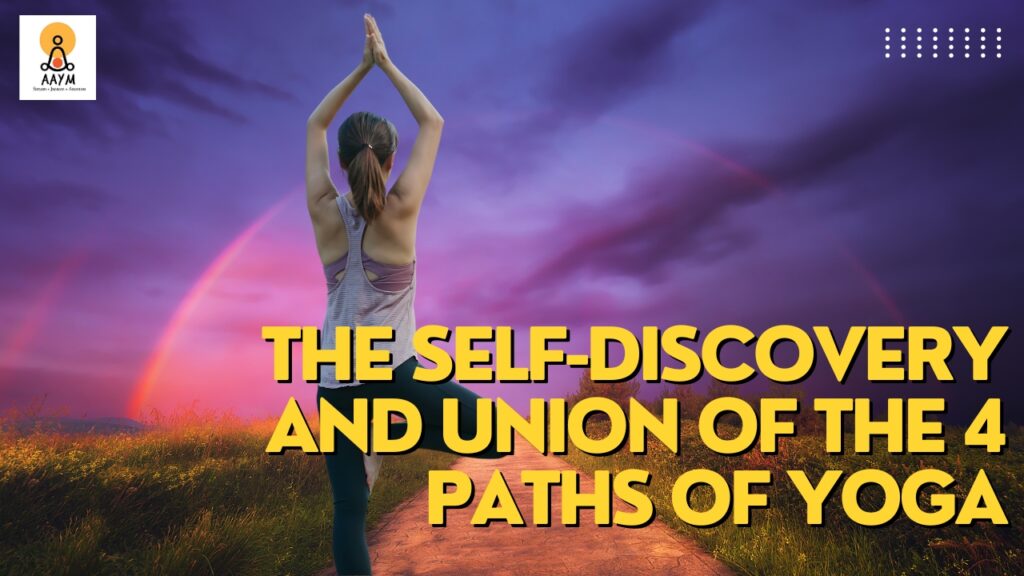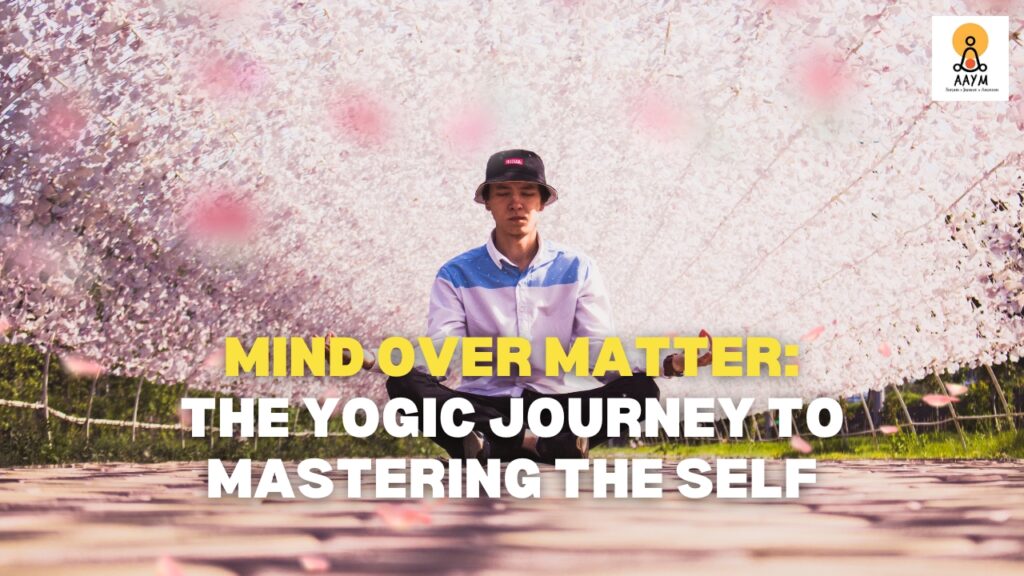Yoga For Digestive Health
Welcome to our journey into the world of yoga and its profound impact on digestive health! In this blog, we’ll explore a 7-day yoga plan designed to rejuvenate your gut, backed by research and studies. Let’s dive in! Day 1: Morning Wake-Up Flow Start your day with gentle poses like Cat-Cow, Downward-Facing Dog, and Child’s Pose. These poses help activate your digestive system and promote healthy circulation throughout your body. Research has shown that starting your day with yoga can set a positive tone for your digestive health. The intentional movement combined with deep, mindful breathing can stimulate the digestive organs and improve overall function. In the evening, wind down with Restorative Yoga to relax your nerves and prepare for rest. Poses like Legs Up the Wall and Reclining Bound Angle Pose can help calm the nervous system, reducing stress that may impact digestion. Day 2: Twists for Detoxification Incorporate twisting poses like Seated Spinal Twist and Revolved Triangle Pose to stimulate your abdominal organs and encourage detoxification. Twists are known to improve digestion by wringing out toxins and stimulating the digestive fire, or Agni. Studies have shown that twisting poses can have a cleansing effect on the digestive organs, promoting detoxification and improving digestion. The gentle pressure on the abdomen can also aid in the elimination of waste and toxins from the body. Day 3: Balancing Your Gut Engage in balancing poses like Tree Pose and Warrior III to strengthen your core and stabilize your digestive organs. Balancing poses not only improve physical stability but also promote a sense of equilibrium in the body. Research suggests that balancing poses can enhance stability and support digestive health. By strengthening the core muscles, these poses provide support to the organs of the digestive system, improving their function and efficiency. End the day with Alternate Nostril Breathing to promote harmony in your body and mind. This pranayama technique balances the left and right sides of the brain, promoting overall well-being and digestive health. Day 4: Core Strength and Mind-Gut Connection Start your day with core-strengthening poses like Boat Pose and Plank to support your digestive organs. A strong core not only improves posture and balance but also provides stability and support to the organs of the digestive system. Research has shown that a strong core can positively impact digestive function. By strengthening the muscles of the abdomen and lower back, these poses help improve digestion and prevent digestive issues such as bloating and constipation. In the evening, practice diaphragmatic breathing to improve the mind-gut connection and aid relaxation. Diaphragmatic breathing, also known as belly breathing, involves deep inhalations and exhalations that engage the diaphragm and promote relaxation in the body and mind. Day 5: Hip Openers for Tension Release Release tension in your pelvic area with hip-opening poses like Pigeon Pose and Butterfly Pose. The hips are a storehouse of tension, and releasing this tension can have a positive impact on the organs of the digestive system. Studies have shown that hip-opening poses can benefit the digestive organs by releasing tension and improving circulation to the pelvic region. By opening up the hips, these poses can alleviate digestive discomfort and promote overall digestive health. Before bedtime, practice Yoga Nidra for deep relaxation to alleviate stress and promote calm. Yoga Nidra, or yogic sleep, is a guided meditation technique that induces a state of deep relaxation, allowing the body and mind to rest and rejuvenate. Day 6: Full-Body Stretch Enjoy a full-body stretch routine with poses like Extended Triangle Pose and Forward Fold to release tension and promote relaxation. Stretching is essential for maintaining flexibility and mobility in the body, which can have a positive impact on digestive health. Studies have shown that regular stretching can improve circulation, reduce stress, and promote relaxation, all of which are beneficial for digestive health. By incorporating stretching into your daily routine, you can support your digestive system and promote overall well-being. End the day with Yin Yoga to enhance flexibility and release tension in the connective tissues around your digestive organs. Yin Yoga involves holding passive poses for an extended period, allowing the body to release tension and improve flexibility. Day 7: Mindful Eating and Reflection Practice mindful eating during dinner, paying attention to flavors and textures while chewing slowly. Mindful eating involves being fully present and aware of the eating experience, which can improve digestion and prevent overeating. Research indicates that mindful eating can aid digestion and prevent digestive issues such as bloating and indigestion. By slowing down and paying attention to the act of eating, you can improve your relationship with food and support your digestive health. Take some time to reflect on your journey and the positive changes you’ve experienced in your digestive health throughout the week. Journaling or simply reflecting on your experiences can help reinforce the benefits of your yoga practice and inspire continued growth and development. Bonus Tips for Digestive Health: Stay hydrated throughout the day to support the digestive process. Incorporate probiotic-rich foods like yogurt and fermented vegetables into your meals. Chew food thoroughly, eat slowly, and avoid distractions during meals for better digestion. The Science Behind Yoga and Digestive Health Yoga, with its ancient roots and modern adaptations, offers a holistic approach to improving digestive health. Studies have shown that regular yoga practice can reduce stress, improve physical fitness, and support overall well-being. Through a combination of physical postures, mindful breathing, and relaxation techniques, yoga positively impacts the nervous system, promotes relaxation, and stimulates the digestive organs. Research has also demonstrated the effectiveness of yoga in reducing risk factors for cardiovascular diseases, hypertension, insomnia, depression, and anxiety, among other conditions. In conclusion, incorporating yoga into your daily routine can be a powerful tool for promoting digestive health and overall wellness. Whether you’re a seasoned yogi or just starting your journey, these simple practices can make a significant difference in how you look, feel, and digest. So roll out your mat, take a deep breath, and let’s embark










